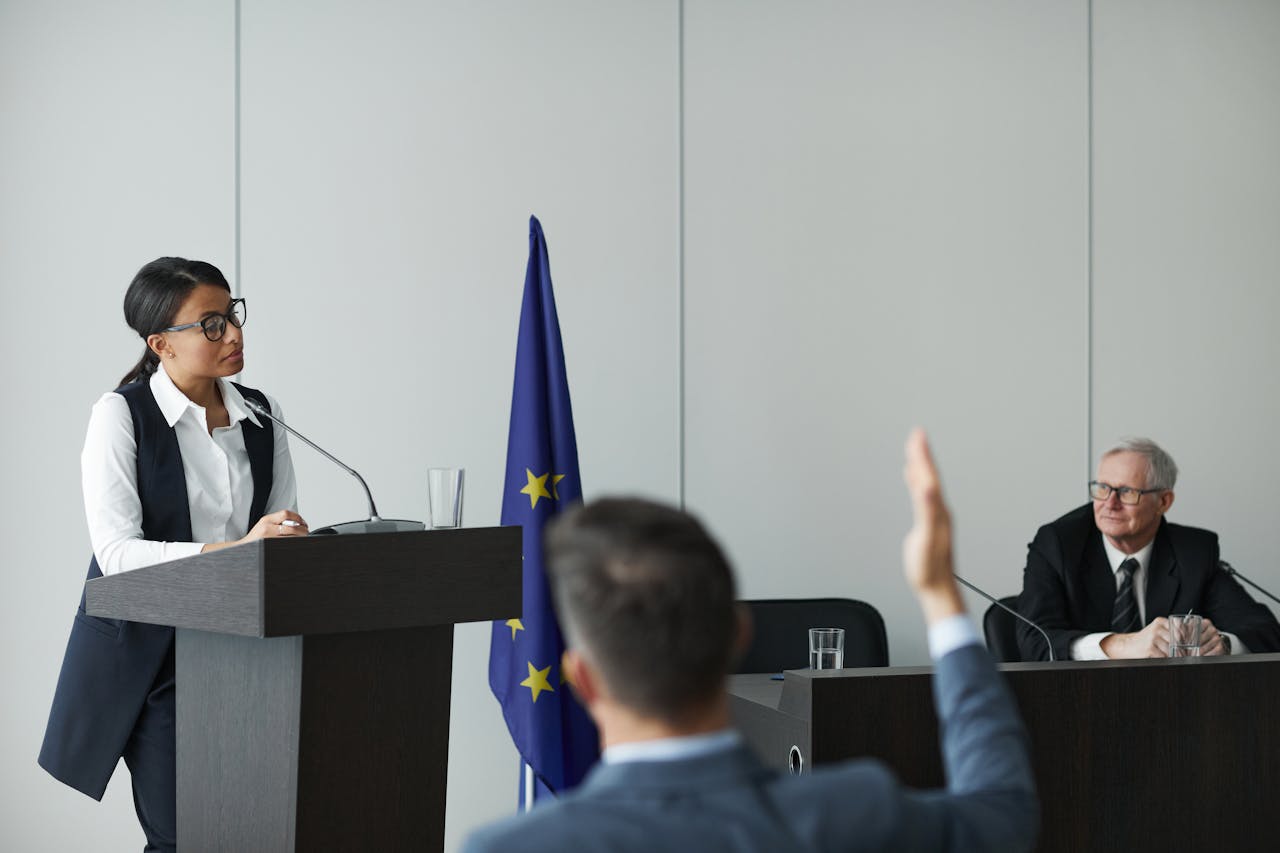Effective Delegate Management for Successful Model UN Conferences

Model United Nations (MUN) conferences are simulations that provide students with a unique opportunity to experience the dynamics of international diplomacy and negotiation. Effective delegate management is crucial for ensuring a smooth and enriching experience for all participants. This article will explore the key aspects of delegate management, from preparation to on-site coordination, to ensure a successful MUN conference.
Pre-Conference Preparation
Thorough preparation is the foundation for a successful MUN conference. Effective delegate management begins well before the conference itself.
Delegate Training and Research
- Delegate Training: Conduct comprehensive training sessions for delegates, covering topics such as public speaking, negotiation skills, and parliamentary procedures. Provide guidance on researching their assigned countries and committee topics.[1]
- Research Guidance: Assist delegates in conducting in-depth research on their assigned countries’ policies, positions, and historical contexts related to the committee topics. Encourage them to prepare position papers outlining their countries’ stances.[1]
3.Mock Simulations: Organize mock simulations to allow delegates to practice their skills and gain familiarity with the conference format and procedures. Provide constructive feedback to help them improve.
Logistical Arrangements
1.Travel and Accommodation: Coordinate travel and accommodation arrangements for delegates, ensuring they have a comfortable and convenient stay during the conference.
- Registration and Fees: Manage the registration process, ensuring all delegates are properly registered and fees are paid on time.
- Communication: Maintain open communication channels with delegates, providing regular updates and addressing any concerns or questions they may have.
On-Site Delegate Management
Effective on-site management is crucial for ensuring a smooth and productive conference experience for delegates.
Delegate Orientation
1.Welcome and Briefing: Conduct a comprehensive orientation session for delegates upon arrival, covering conference rules, procedures, and expectations.
- Venue Familiarization: Provide delegates with a tour of the conference venue, highlighting important locations such as committee rooms, lounges, and dining areas.
- Code of Conduct: Clearly communicate the code of conduct and expectations for delegate behavior, emphasizing professionalism and respect.
Committee Support
- Committee Chairs: Ensure that committee chairs are well-prepared and knowledgeable about their roles and responsibilities. Provide them with training and support as needed.
- Administrative Support: Assign administrative staff to assist with note-passing, resolution distribution, and other logistical tasks within the committee rooms.
- Conflict Resolution: Establish protocols for addressing conflicts or disputes that may arise during committee sessions, ensuring a fair and impartial resolution process.
Delegate Engagement
- Social Events: Organize social events and activities to foster networking and cultural exchange among delegates from different backgrounds.
- Feedback and Evaluation: Implement mechanisms for delegates to provide feedback and evaluate their conference experience, allowing for continuous improvement.
- Recognition and Awards: Recognize outstanding delegate performance through awards or certificates, encouraging excellence and motivation.
Post-Conference Follow-up
The delegate management process doesn’t end with the conclusion of the conference. Effective follow-up is essential for maintaining relationships and ensuring a lasting impact.
- Feedback Analysis: Analyze delegate feedback and evaluations to identify areas for improvement and incorporate lessons learned into future conferences.
- Delegate Outreach: Maintain communication with delegates, sharing post-conference materials, resources, and opportunities for further involvement in MUN activities.
- Alumni Network: Foster an alumni network for former delegates, encouraging them to stay connected and potentially serve as mentors or volunteers for future conferences.
Effective delegate management is a multifaceted process that requires careful planning, coordination, and attention to detail. By implementing these strategies, MUN organizers can create a rewarding and enriching experience for delegates, fostering their personal and professional growth while promoting global understanding and diplomacy.
